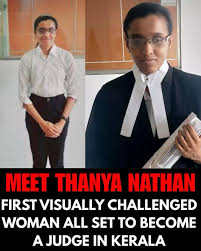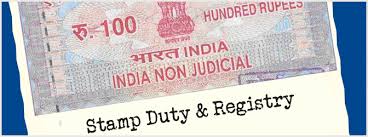M.M. Pareed Pillay, J.@mdashFirst respondent filed O.P. (MV) 917 of 1980 before the 5th respondent, Motor Accidents Claims Tribunal, Ernakulam claiming compensation for the injuries sustained by him due to an accident involving jeep KLZ 3640 belonging to the petitioner and driven by the 2nd respondent. The Motor Accidents Claims Tribunal by Exh. P-3, judgment dated 7.8.1991 passed an award for an amount of Rs. 15,000/- with 6 per cent interest against the petitioner and the second respondent. Thereafter the petitioner filed a review petition before the Claims Tribunal. As the petitioner could not produce the driving licence of the second respondent before the Claims Tribunal, it held that the entire amount awarded has to be paid by the petitioner and the second respondent. Petitioner''s contention is that as he could produce the driving licence of the second respondent the petition is that the liability can only be on the third respondent Insurance Company and considering the fact that the petitioner could not produce the driving licence before the Claims Tribunal at the time of filing the written statement for valid grounds the review petition should have been allowed, especially in view of the fact that the driving licence was produced along with the review petition.
2. The Claims Tribunal dismissed the review petition holding that there was no proper explanation for the failure to produce the driving licence along with the written statement filed by the petitioner. It has to be noted that the petitioner was represented by his own Advocate before the Claims Tribunal. The explanation offered by the petitioner was found unsatisfactory by the Claims Tribunal. However, the review petition was filed highly belatedly before the Claims Tribunal. Exhs. P-1 and P-2 certificates produced by the petitioner to show that he was undergoing treatment are not in any way helpful to explain the inordinate delay in filing the review petition. Exh. P-1 shows that the petitioner was undergoing treatment from 13.3.1980 to 4.5.1980. He was discharged on 4.5.1980. Exh. P-2 shows that he was admitted in the Medical College Hospital, Kottayam on 6.10.1985 and discharged on 8.3.1986. As the award was passed by the Claims Tribunal on 7.8.1991 and as the petitioner was admitted in the Medical College Hospital, Kottayam only on 6.10.1985 there is hardly any explanation as to why no attempt was made to file the review petition at any time before his admission in the Medical College Hospital. The review petition was filed only on 10.10.1986. In the above circumstances Under Article 227 of the Constitution of India this Court cannot interfere with Exh. P-5, order of the Claims Tribunal rejecting the review petition.
3. This Court cannot substitute its own judgment over that of the Claims Tribunal Under Article 227. This Court''s power of superintendence Under Article 227 is certainly restricted to cases of grave dereliction of duty or flagrant violation of law. It can only be exercised most sparingly in cases where grave injustice would be caused unless this Court interferes. The power Under Article 227 cannot be used as an appellate or revisional power. This Court can interfere Under Article 227 in cases of:
(i) erroneous assumption or excess of jurisdiction; (ii) refusal to exercise jurisdiction;
(iii) error of law apparent on the face of the record, as distinguished from a mere raison d''etre of law or error of law relating to jurisdiction;
(iv) violation of the principles of natural justice;
(v) arbitrary or capricious exercise of authority, or discretion;
(vi) arriving at a finding which is perverse or based on no material;
(vii) a patent or flagrant error in procedure; and
(viii) order resulting in manifest injustice.
It is not possible to hold that Exh. P-3 order of the Claims Tribunal, suffers from any of the aforesaid infirmities. Petitioner has not succeeded in establishing a case for this Court to interfere with Exh. P-3 order Under Article 227 of the Constitution of India.
There is no merit in the Original Petition. The Original Petition is dismissed. No costs.

